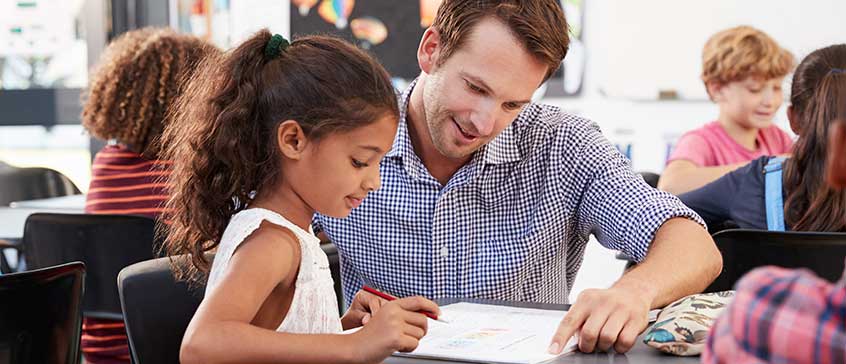Home / Teaching, Learning and Development / News / Teacher Pro-d Summer 2022 Newsletter
Teacher Pro-d Summer 2022 Newsletter

Education news
Taking Time for Reflection in the Summer
The end of the school year is a good time to celebrate your accomplishments and revisit your challenges.
Most teachers end the school year with a reflective activity with their students. In some classrooms, students work on portfolios or posters to reflect on what they have learned that school year. Other classrooms hold individual conferences with students and their families or have students reflect in small-group conversations. This act of reflection, regardless of the structure, is a crucial step in the learning process to make visible all that has happened, and so much has happened.
This article is published by Edutopia/George Lucas Educational Foundation. Views expressed may not necessarily reflect the official policy or position of the Division. Credit: Nina Portugal/G S Weir
10 ways to improve students' long term learning
Research has a lot to say about improving students' long-term memory. Here are 10 ideas you can use in class.
Long-term memory and recall are important throughout the school year. But at state testing time, they get a LOT of attention.
How can students remember some things for the rest of their lives ... but other content seems to disappear before the leave the classroom door? Science has a lot to say about it. It's called retrieval.
This article is published by Ditch That Textbook. Views expressed may not necessarily reflect the official policy or position of the Division. Credit: Matt Miller
Mix It Up: Testing Students on Unrelated Concepts Can Help Jump-Start Learning
Testing students on one subject at a time may seem like common sense, but research published in Psychological Science lends further support to an alternative strategy: interleaving retrieval practice.
Unlike traditional “blocked” testing, which requires students to retrieve information about a single topic, interleaved testing presents a mix of topics from various lessons in order to encourage deeper conceptual learning, according to Faria Sana (Athabasca University) and Veronica X. Yan (The University of Texas at Austin).
This article is published by Association for Psychological Science. Views expressed may not necessarily reflect the official policy or position of the Division. Credit: Sana, F., & Yan, V. X.
Gamification in Education: A Conversation With Todd Finley
The first step in discussing gamification is differentiating it from game-based learning, which generally means repurposing an existing game as a teaching strategy.
"[Gamification] should have objectives, some kind of rules, and some kind of reward. Also, games need to have interactivity – if it’s social, if it’s a challenge, that’s great. The best games put you into a role. Gamification is purposeful. It’s designed to teach students something."
This article is published by Leoni Consulting Group. Views expressed may not necessarily reflect the official policy or position of the Division. Credit: Elana Leoni
Upcoming offerings
- Posted September 16, 2022
RELATED TOPICS: Teacher Professional Development
Visit Registration
2nd Floor | Continuing Studies Building University of Victoria Campus 3800 Finnerty Road | Victoria BC | CanadaTel 250-472-4747 | Email uvcsreg@uvic.ca
2026 © Continuing Studies at UVic
Legal Notices |
Sitemap

